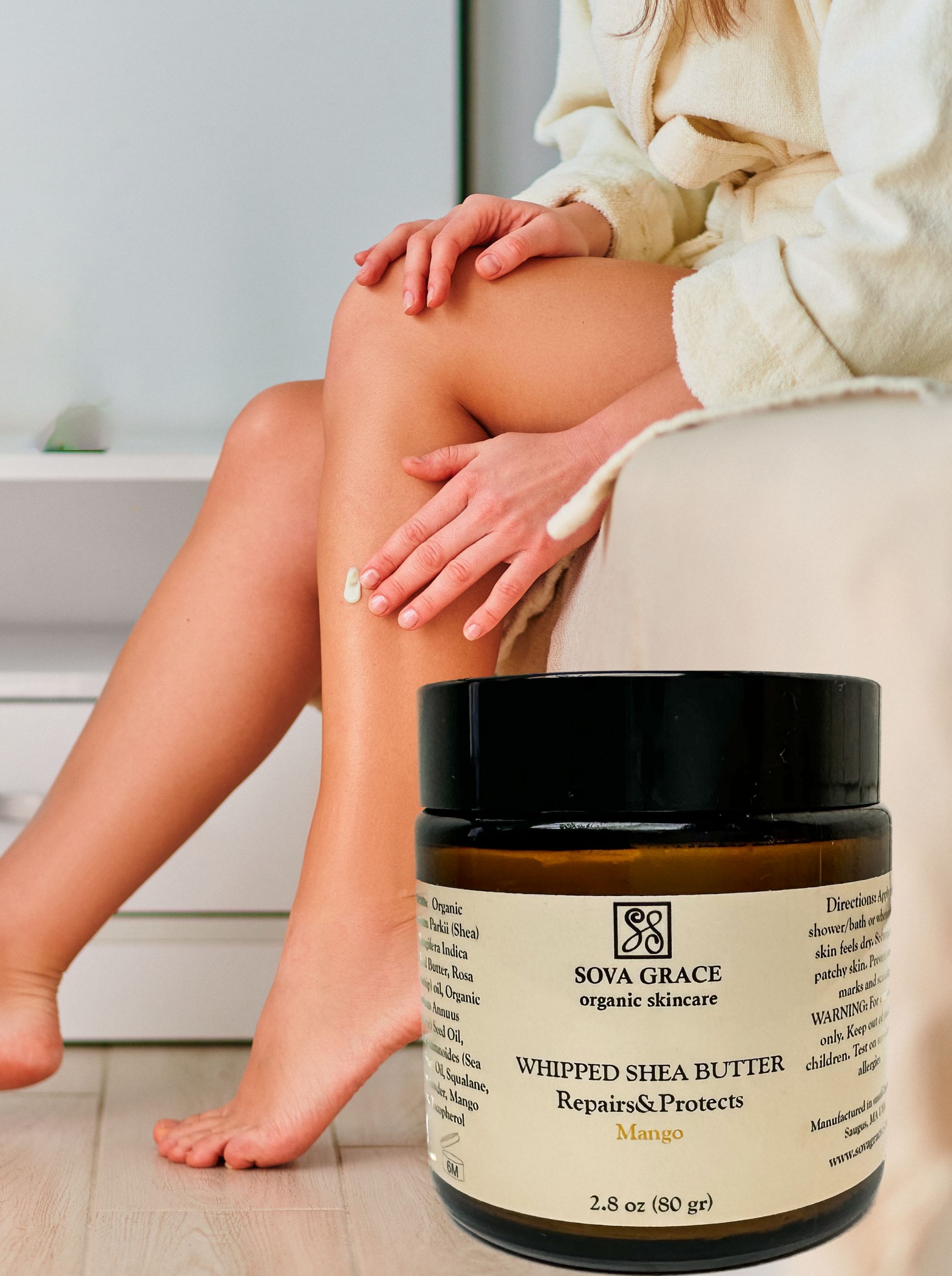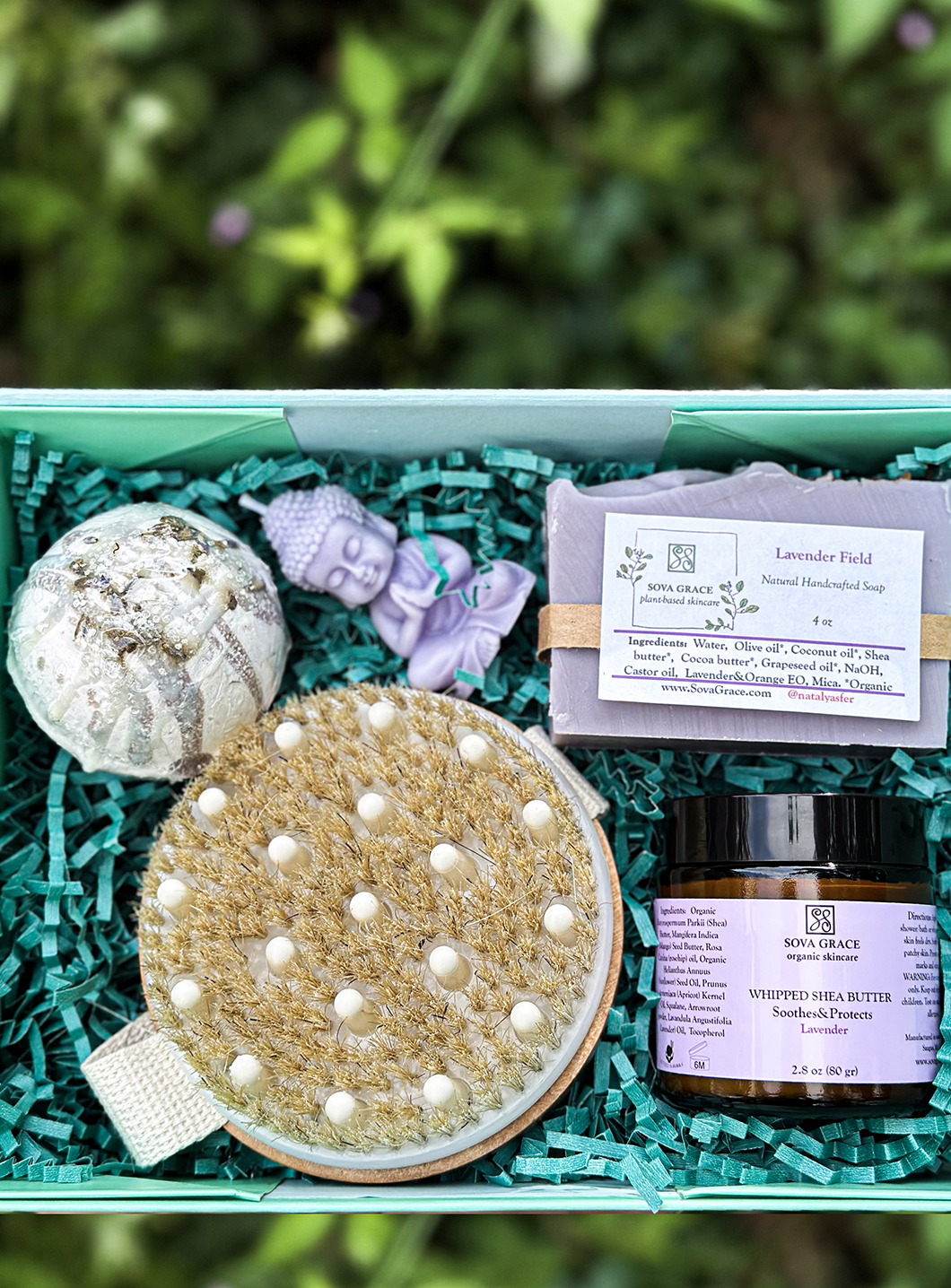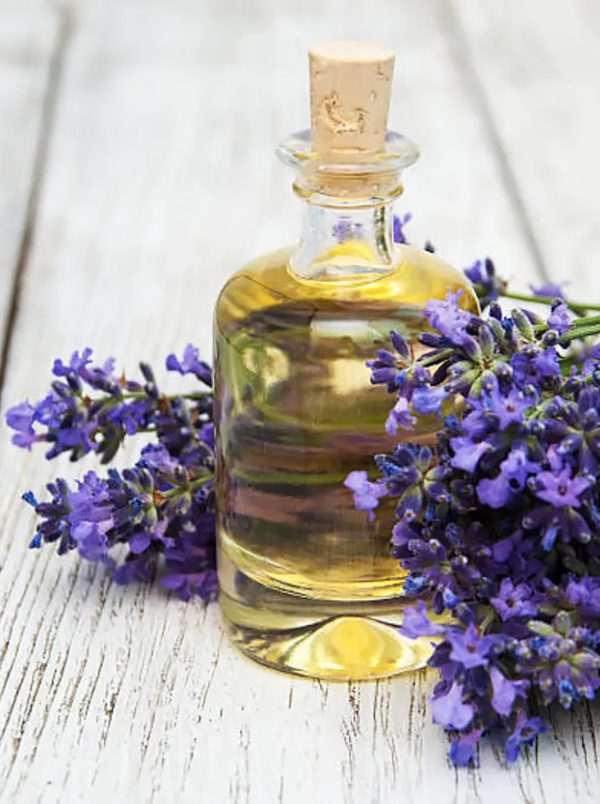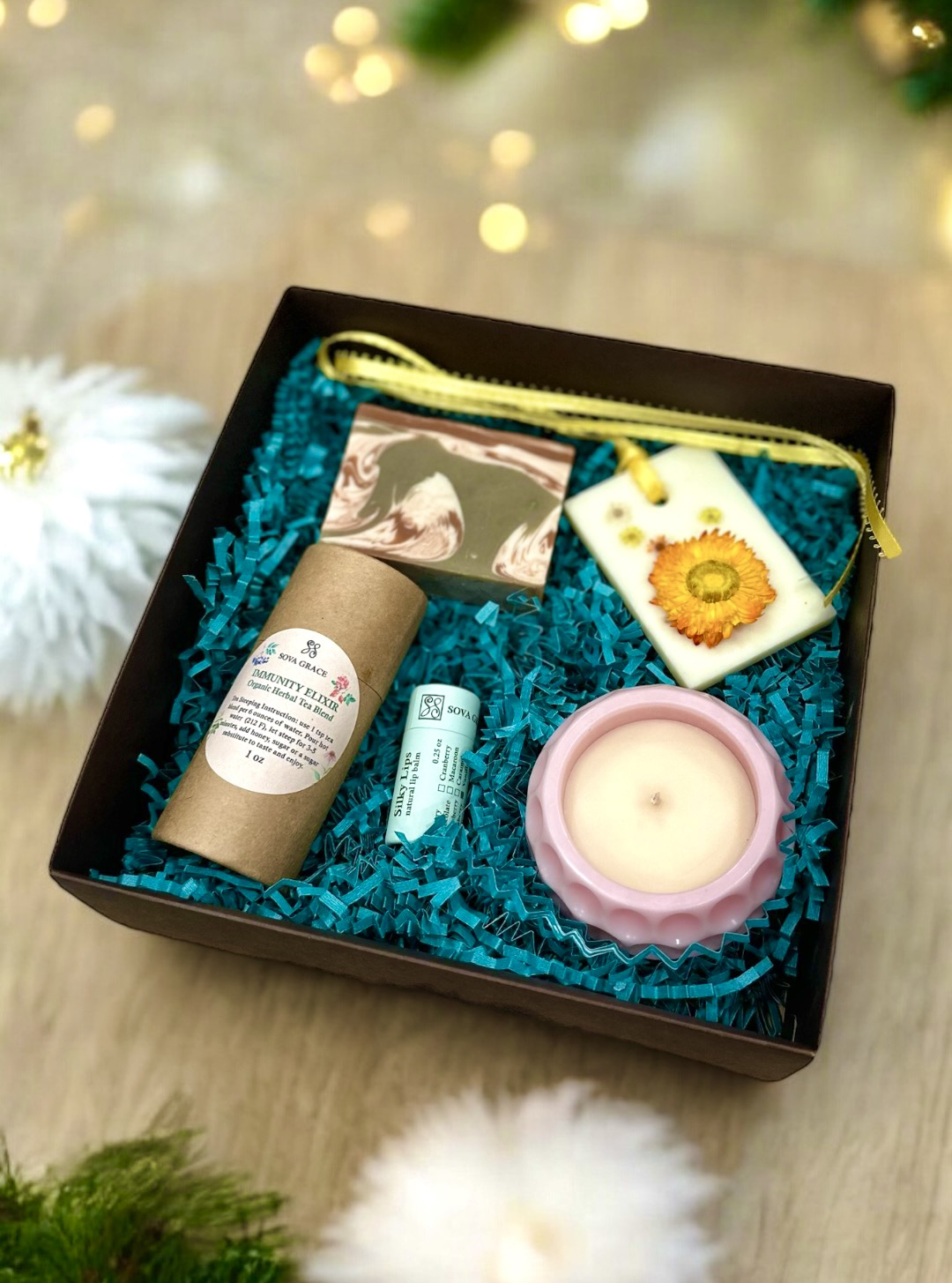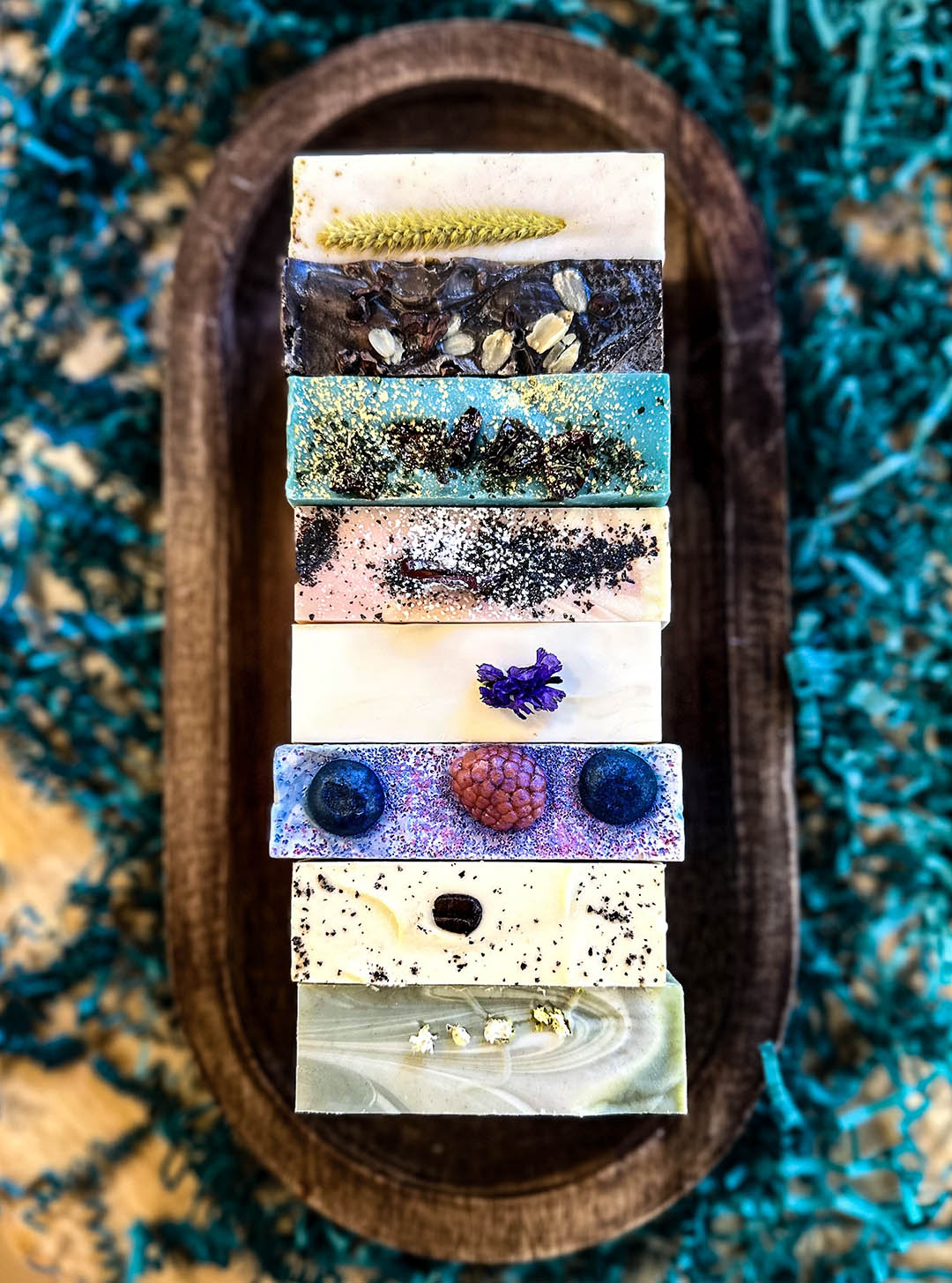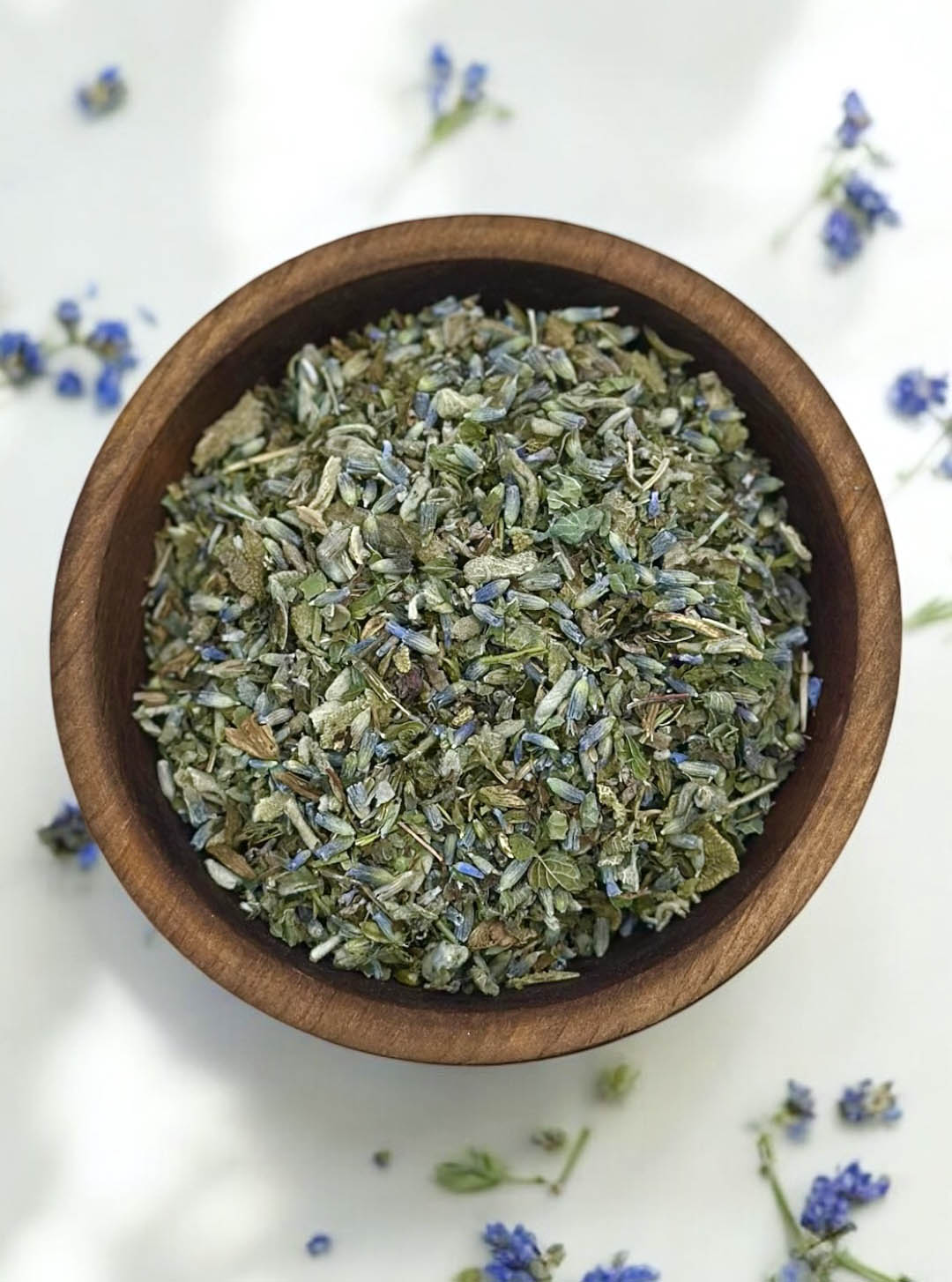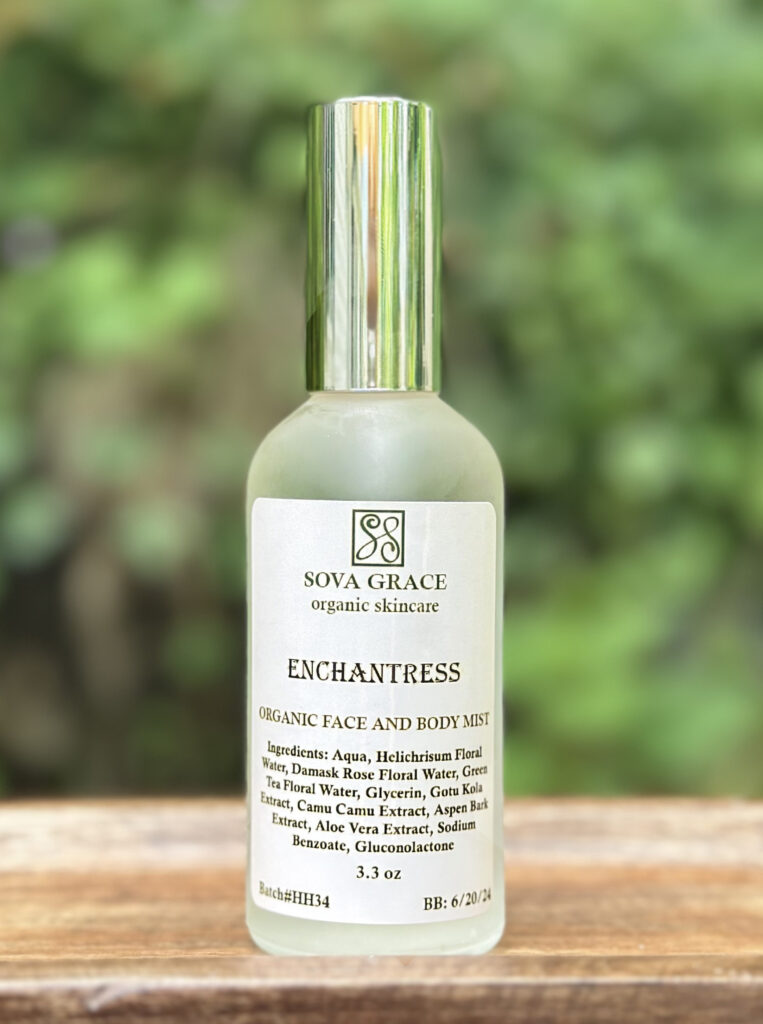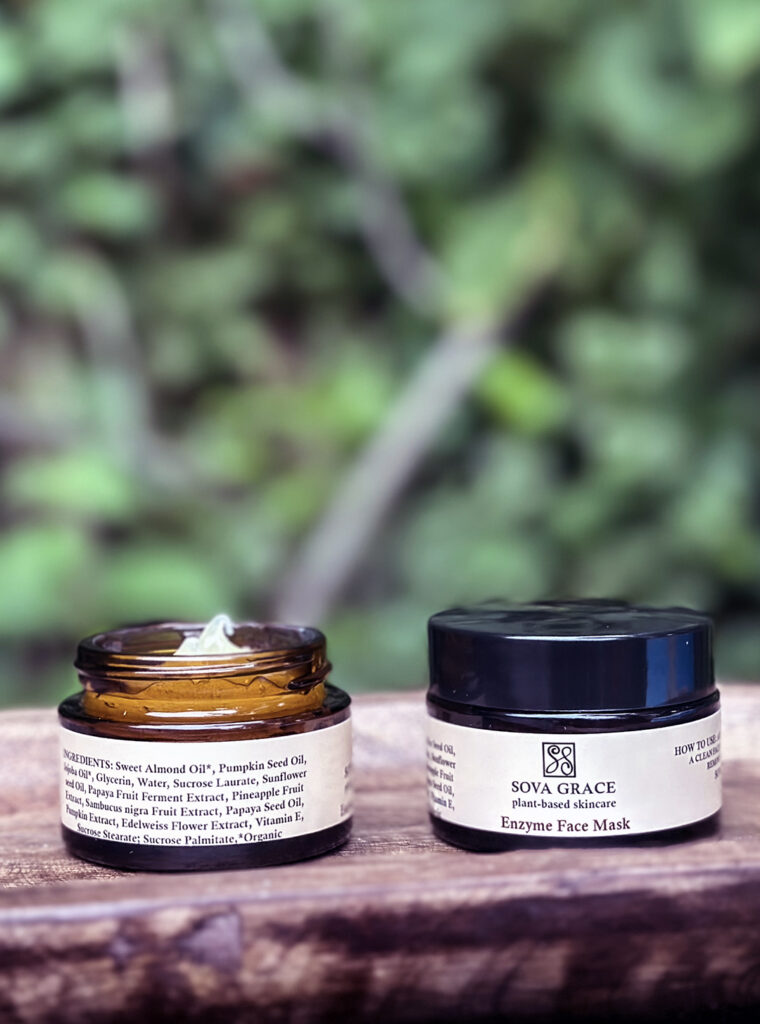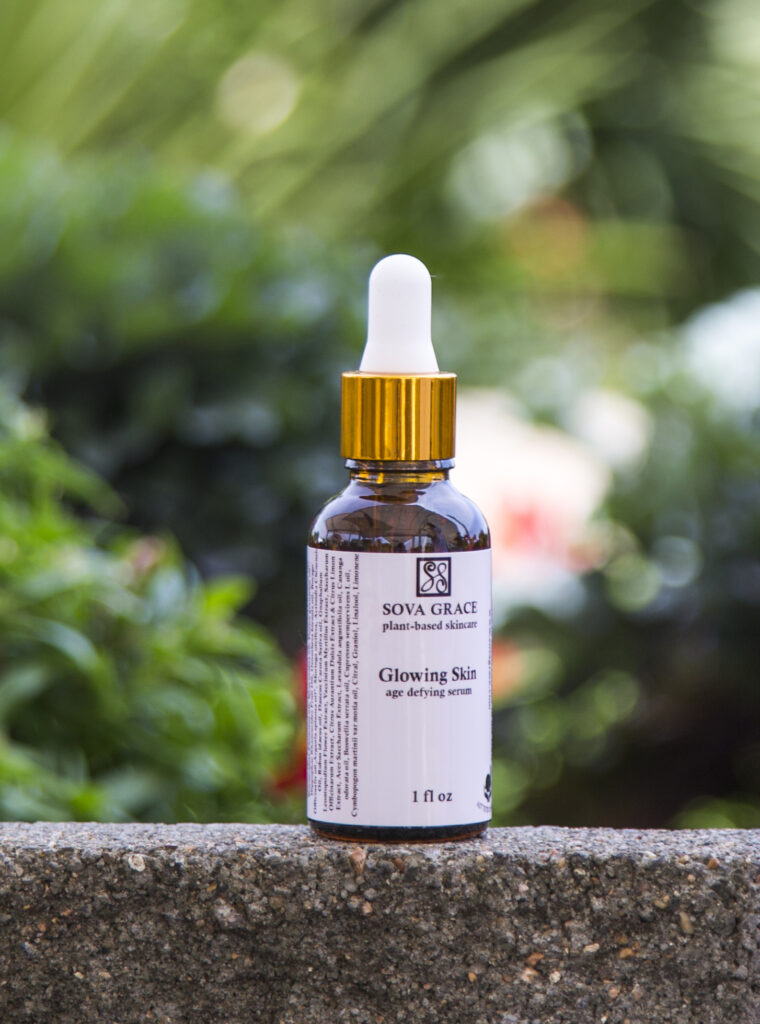Collagen is a protein that plays a crucial role in maintaining the structure, elasticity, and firmness of the skin. It forms a network of fibers that provide support to various tissues, including the skin, muscles, tendons, and bones.
As we age, the production of collagen in the body naturally decreases, which can contribute to visible signs of aging in the skin. This decrease begins as early as your mid-20s and becomes more significant in your 30s and beyond. When collagen production declines, the skin becomes less firm and more prone to developing wrinkles and fine lines, especially in areas that experience repetitive movements.
Lifestyle choices such as sun exposure, smoking, and poor diet can accelerate collagen breakdown and contribute to premature aging of the skin.
There is another factor very few people talk about. Water is an integral component of collagen. In the protein’s natural state, water accounts for about 60 percent of the substance by weight. Water molecules bind tightly to collagen that they follow its helix shape.
Given the high content of water in collagen, it is not surprising that its removal has dramatic effects. If the relative humidity is reduced from 95 to 5 percent, the collagen practically dries out and, the collagen molecules shorten.
All the factors described lead to collagen volume decrease. As collagen diminishes, the skin may also become thinner. This can make blood vessels more visible and contribute to a more fragile appearance.
There are some ways to slow down the ageing process and to maintain your skin naturally.
- Skincare Products: Some skincare products contain ingredients that may promote collagen production, such as retinoids, peptides, and vitamin C. These products can help improve the appearance of fine lines and wrinkles.
- Diet: Eating collagen-rich foods or foods that boost collagen production may also help create the building blocks (amino acids) you need for your skin goals. There are three amino acids important for collagen synthesis: proline, lysine, and glycine. Eating food rich in these amino acids is crucial for collagen production. Egg whites, for instance, have large amounts of proline, one of the amino acids necessary for collagen production. Consuming products rich in antioxidants, and collagen-building components (like vitamin C) can support skin health too. Though citrus tends to get all the glory for its vitamin C content, berries are another excellent source. Ounce for ounce, strawberries actually provide more vitamin C than oranges. Raspberries, blueberries, and blackberries offer a hefty dose, too. Furthermore, berries are high in antioxidants, which protect the skin from damage.
- Hydration: Staying well-hydrated can help maintain the plumpness and elasticity of the skin. When I talk about hydration, I mean both – inside and outside. I usually recommend drinking 1/2 oz water per pound weight. Add more water if you stay in the heat or do some physical activity. Make sure you are using the right products for your skin that won’t dehydrate your skin.
- Sun Protection: UV radiation, especially UVB rays, can penetrate the skin and cause damage to collagen fibers. This damage can lead to collagen breakdown and degradation. When collagen is damaged, it can result in decreased skin elasticity, the formation of wrinkles, and premature signs of aging. UV radiation also triggers the production of enzymes that break down collagen, further contributing to collagen loss over time. By preventing UV radiation from reaching the skin, sunscreen helps maintain collagen’s structural integrity.
- Professional Treatments: Avoid laser therapy, chemical peels, microdermabrasion, and dermal fillers if you can. All peels and laser make your skin thinner. Peels also remove the protective layer from your skin. This makes you more sensitive to UV rays and the environment. The fillers make your skin heavy, hyaluronic acid attracts water to skin cells and this leads to stretching the connective tissues. Fillers visibly improves your appearance for short period of time but, if done regularly, damages your skin’s structures. Opt for gentle exfoliants once a week and if you really want a professional treatment – do microneedling once in a while. Microneedling stimulates the production of collagen and elastin, which are essential proteins that contribute to the skin’s structure and elasticity. The micro-injuries created during the procedure trigger the body’s natural wound healing response, leading to increased collagen and elastin production. This can result in firmer, smoother, and more youthful-looking skin.
- For more results create a daily habit of taking care of your skin with naturopathic practices that give incredible results if done regularly.
Remember that while these strategies can contribute to maintaining healthier-looking skin, aging is a natural process. Embracing healthy lifestyle habits and being kind to your skin can help you age gracefully and feel confident in your skin at any stage of life. If you’re considering making significant changes to your skincare routine or seeking professional treatments, it’s a good idea to consult a beauty coach for personalized guidance.
TRY THESE:
